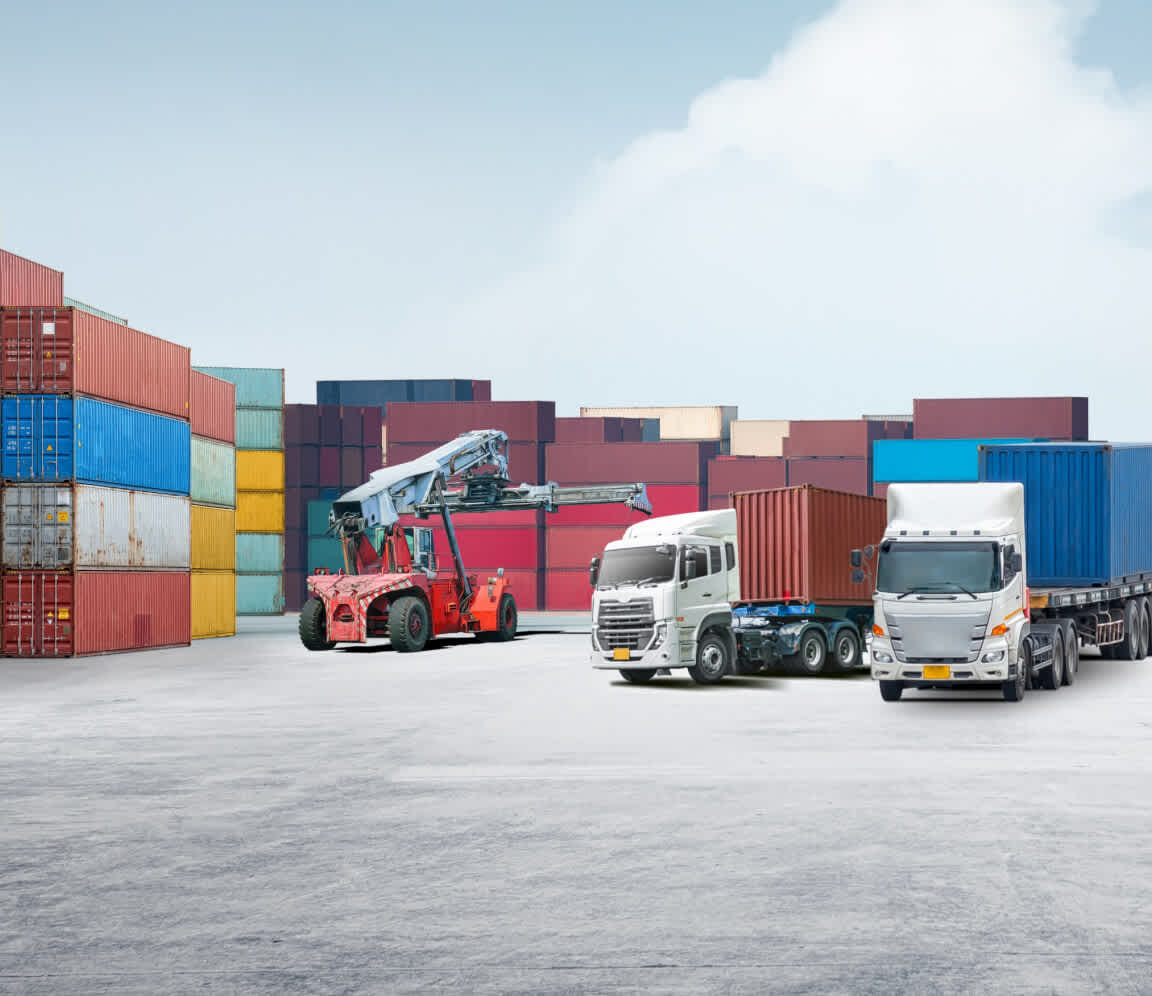
November 27, 2023
What Is Cargo Insurance and How Does It Work?
What Is Cargo Insurance and How Does It Work?
Cargo insurance is an important tool for businesses that rely on the global transportation industry to move their goods. It covers the many of the risks associated with transporting goods by ocean, air, road, or rail, and it pays the cargo owner for its losses due to cargo loss or damage.
There are several types of cargo insurance available, including:
- All risks coverage: This type of cargo insurance covers all risks of loss or damage to the cargo except those specifically excluded in the policy. It’s the most comprehensive type of cargo insurance.
- Named perils coverage: This type of cargo insurance covers specific risks that may cause loss or damage to specific cargo identified in the policy. These risks may include fire, theft, collision, or natural disasters. Named perils coverage is generally less expensive than all risks coverage, but it provides less protection.
- Open cover: An open cover is a type of cargo insurance providing continuous coverage for a specified period of time, rather than a one-time shipment. It’s typically used by businesses that regularly ship goods and want to have ongoing protection in place.
Things To Consider When Purchasing Cargo Insurance
When purchasing cargo insurance, the cargo owner should consider the value and nature of the goods being shipped, the mode of transportation, and the destination.
If the Supplier Buys the Coverage
If your seller offers to arrange insurance coverage, then it is vitally important to know the following information about the insurance coverage: What kinds of losses are covered by the policy? What are the policy limits? What insurance company is underwriting (issuing) the policy and is it reputable? Will a claim be paid in the country where you are located or in the country where the shipment originated?
Coverage options
Cargo insurance options include per shipment “pay-as-you-go” coverage and annual policies. Each caters to distinct needs. The per shipment pay-as-you-go approach offers cost-effective coverage at pennies on the dollar and no deductible. The annual coverage often comes with a deductible and is for those who ship regularly and value predictability of costs throughout a full year. Most losses are only for a fraction of the entire shipment value, so be sure that your deductible is low enough to cover your losses.
For a more comprehensive list of key factors to consider when selecting a policy, please check out the blog here.
Ways To Insure Cargo Shipments
There are several ways companies can insure their cargo shipments.
Standalone cargo insurance policies
One way companies can insure their cargo shipments is by purchasing a standalone cargo insurance policy from an insurance company through an insurance broker. The policy, which typically lasts for a specific period of time , will specify the terms, conditions, and exclusions of the coverage. The purchaser can choose a policy that meets its specific needs and risk profile. Standalone cargo insurance policies are often used by major companies that have a high volume of shipments or that need to cover a wide range of risks.
Cargo insurance as part of a broader insurance program
Another way companies can insure their cargo shipments is by purchasing cargo insurance as part of a broader insurance program. This approach involves purchasing a package of insurance products that may include cargo insurance as one of several coverages (e.g., property insurance, liability insurance, and business interruption insurance). This approach can be more cost-effective for companies that need to purchase multiple types of insurance, as it allows them to bundle the coverage and potentially secure a discount.
Self-insured cargo shipments
In addition to purchasing cargo insurance from external sources, some major companies self-insure some or all of their cargo shipments. This approach involves setting aside funds to cover potential losses and assuming the risk of loss or damage to the cargo themselves, rather than purchasing insurance coverage from an insurance company. This approach may be taken by companies that have a low risk profile or that have a strong financial position and are able to absorb the potential costs of a loss.
Getting Started With Cargo Insurance
Regardless of the approach taken, it is important that companies carefully assess their cargo insurance needs and choose insurance coverage that meets their specific requirements. This may involve working with an insurance broker to understand the different options available and to develop a risk management strategy that is tailored to the company's needs.
This post is intended to provide general information about cargo insurance and it is not intended to be professional advice. Readers are advised to contact a licensed insurance agent with any general questions about the cargo insurance or a particular cargo insurance policy.
Flexport Insurance Solutions offer coverage options for a wide range of supply chain needs. Contact us today to learn more about how we can help to protect your cargo.
Insurance is offered through Flexport Insurance Solutions, LLC ("FIS"), a licensed insurance producer (Illinois License No. 3001047128, California License No. 6001029). Insurance is not available in all countries. Check with a licensed FIS representative for availability. For term coverage, FIS acts as an insurance broker and seeks quotes from multiple insurance carriers with A.M. Best ratings of “A” or higher who actually underwrite and issue coverage. Per shipment coverage is underwritten and issued by Navigators Insurance Company.
The contents of this blog are made available for informational purposes only and should not be relied upon for any legal, business, or financial decisions. We do not guarantee, represent, or warrant the accuracy or reliability of any of the contents of this blog because they are based on Flexport’s current beliefs, expectations, and assumptions, about which there can be no assurance due to various anticipated and unanticipated events that may occur. This blog has been prepared to the best of Flexport’s knowledge and research; however, the information presented in this blog herein may not reflect the most current regulatory or industry developments. Neither Flexport nor its advisors or affiliates shall be liable for any losses that arise in any way due to the reliance on the contents contained in this blog.
Related content
![A trade credit insurance policy, also known as an export credit insurance, is a financial tool that offers coverage for businesses engaged in B2B transactions.]()
Trade Credit Insurance
Safeguard your business from financial risks and secure your trade transactions.






